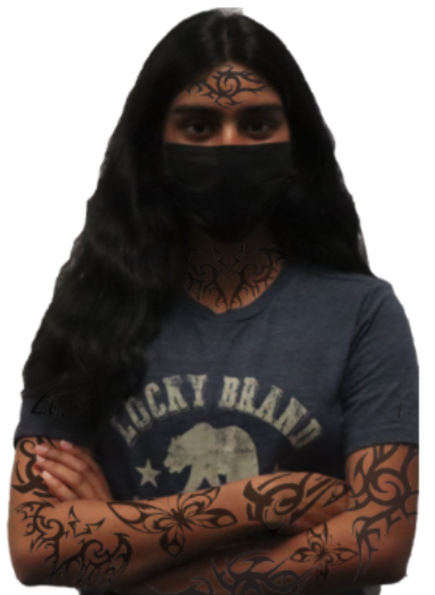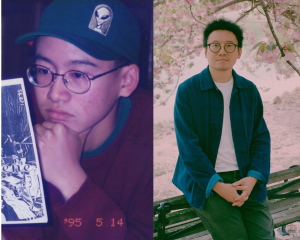Why does appearance matter in the workplace?

Graphic Illustration by Elizabeth Cheng
A person’s appearance should not matter in the workplace — only their skills truly matter.
May 3, 2022
In a majority of professional environments, there has been evident prejudice against those with tattoos, brightly dyed hair and afros. But a person’s appearance should not matter in the workplace — only their skills truly matter.
Despite younger generations becoming more open and accepting of the concept, the negative connotation of tattoos has led it to become a form of appearance-based discrimination.
However, unlike the negative stereotypes associated with tattoos, they actually represent one’s artistic and sensitive side — some get a tattoo of an important individual’s name or an important symbol.
“If your tattoo is a tattoo of your kids’ names, then that’s a whole different type of tattoo,” Spanish teacher Michael Esquivel said. “You can’t paint with a broad brush and describe people with tattoos with just the same adjectives, as they are all different and unique.”
People who have brightly-colored hair have also experienced discrimination in the workplace, being perceived as immature and unprofessional. Some employers have strict notions regarding what constitutes a professional appearance.
“I’m disappointed that people are discriminated against, but not surprised,” Chemistry teacher Jessica Lu said. “People are discriminated against in the workplace for having dyed hair, visible tattoos and more.”
Brightly colored hair should not be something that is judged upon, but should rather be a positive trait that makes a person stand out. Similar to tattoos, they represent a person’s own unique style.
“At the end of the day, it’s just hair, and it’s a way for me to express my creativity and have fun, and maybe for others to make a statement,” junior Venus Dhanda said, who has dyed her hair red and blue.
Hair color isn’t the only form of discrimination when it comes to hair in the workplace. For those with afros, there exists a common false assumption that they are ghetto or unprofessional. This sentiment dates back to the 19th century when Black women were forced to cover their hair because it was seen as a threat toward white women.
“It’s a part of our culture, and we should be proud of it,” Archbishop Mitty junior Kaitlyn Arzú said. “It is nothing to be ashamed of. To me and probably to others, my hair is a way to express my confidence and artistic side.”
These different appearances should not be images that are looked down upon or discriminated against in a workplace environment. Instead, they foster the expression of an individual’s unique personality and their artistic side.



























































